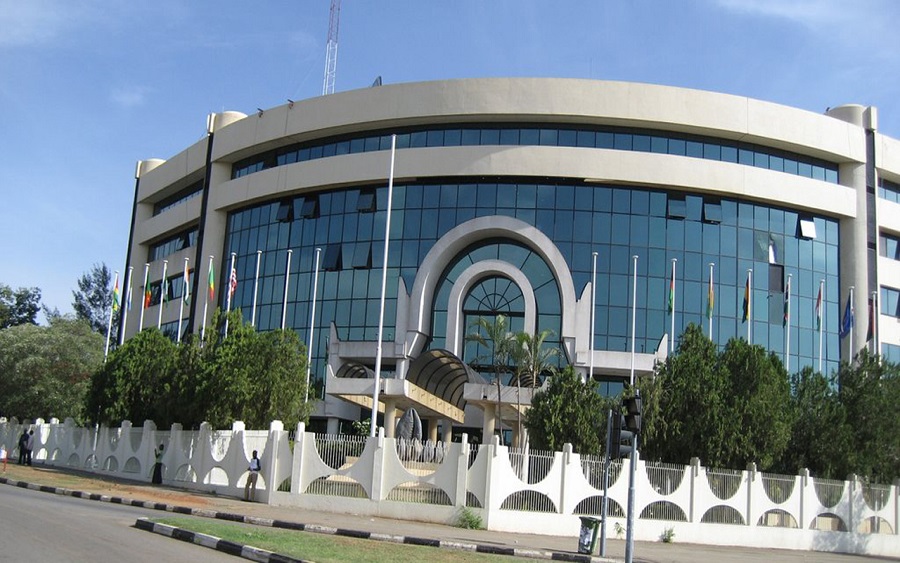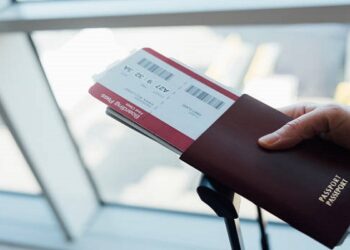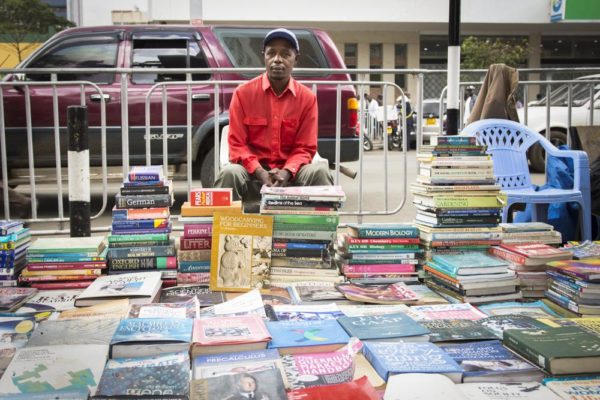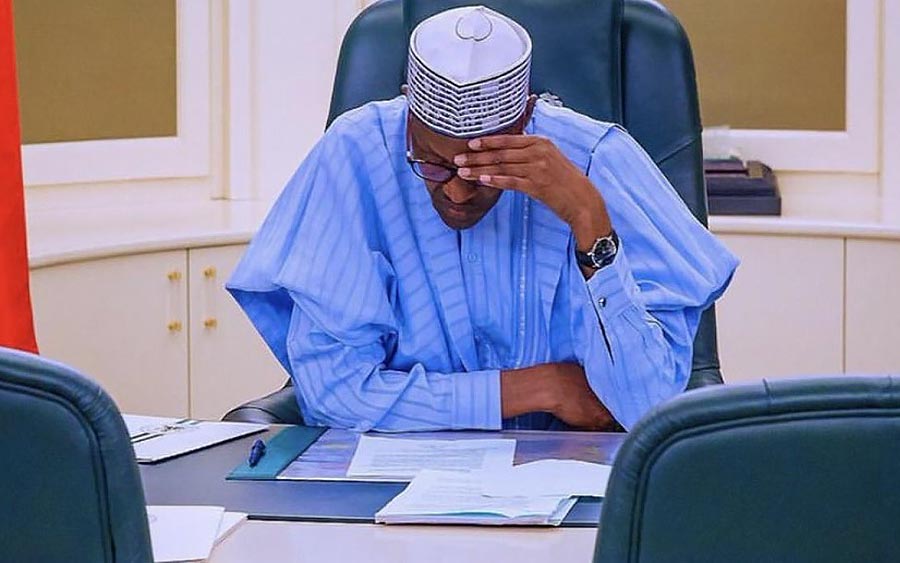As Leaders of West African countries converge for the highly anticipated Economic Community of West African States (ECOWAS) summit today, 29th June in Abuja, the recommendation for the single regional currency is expected to be approved. However, huge obstacles are in the way to halt any chance of a single currency agreement among the countries.
The latest report on the ECOWAS region by SB Morgen Intelligence has revealed that despite the merits embedded in establishing a single currency, the possibility of West African countries having a single currency is increasingly becoming bleak.
This is due to the key economic fundamentals prevailing in Nigeria and other African countries.
ECOWAS Single Currency: Basically, a single West African currency intends to leverage the fairly robust terms of political cooperation that exist among the bloc’s members by promoting greater intra-bloc trade relationships that have so far been impeded, in part, by the cost of doing business across multiple currencies.
The single currency that was proposed by ECOWAS (known as Eco) was first planned to take effect in 2003 but was later postponed several times between 2005 and 2015.
However, the report has revealed that despite the efficiencies that would be gained from conducting trade using a single currency, (as opposed to the nine different currencies that the region currently trades with), several factors are poised to prevent the single currency within the region from seeing the light of the day. Some of these factors include:
- The fear of losing sovereignty
- The implications of the move on the economies of individual countries; and
- The fear of empowering an intra-bloc hegemon
Loss of economic and political powers: According to SB Morgen, Unified currency has several shortcomings. For instance, the inability of individual European nations (in the case of the Euro) to control an economic shock is fundamental. Some highlights of economic and political concerns raised include:
- With the utilization of a single currency, macroeconomic fluctuations will no longer be controlled by individual nations
- National governments cannot adjust interest rates and exchange rates to encourage investments. For instance, in the Eurozone, interest rates are controlled by the European Central Bank (ECB).
- The sovereign ability of individual countries to adjust their currency’s exchange rate, and notably devalue their currency in case of an economic downturn is lost.
- Loss of political power may become inevitable due to the inability to have a single voice may trigger tension among countries.
ECOWAS’ big challenges: While trying to highlight some big challenges standing in the way of a single currency in West Africa, the report emphasized that some West African countries have not freed themselves from the binding economic agreement of the colonial masters which will further frustrate the single currency agenda.
For instance, a critical look into the role of France in underwriting the CFA franc used by most of its former colonies in West Africa reveals that all the eight countries that make up the African Economic and Monetary Union present a major challenge to the single currency agenda in the region.
- Despite the merits of the French-backed CFA franc through leveraging on multiple national economies to achieve currency stability and strength, many observers see it as a relic of the colonial era
- Countries like Benin, Burkina Faso, Niger and so on which are colonies to Portugal all signed monetary cooperation agreements preserving a dependency with Paris.
- The implication of such agreements includes a guaranty of the convertibility of the CFA franc to the French franc and a peg between the CFA franc and the French franc.
- Hence, the eight ECOWAS countries moored to the single European-backed currency is regarded as a stumbling block for the realization of the West Africa single currency.
- Also, one of the conditions set for the implementation for the single in West Africa is such that member countries must achieve single-digit inflation of 5%. Unfortunately, inflation in Africa’s biggest economy, Nigeria was averaged 11.92% between 2003-2016, while Ghana was averaged 16.92%.
More critical downsides: The report further revealed that West African countries pursuing the single currency are grossly not prepared to overcome their challenges. Another instance cited is how the action of small states, say the Gambia, could affect a much larger state like Nigeria.
- Being under a single currency agreement will make it impossible for a country like Nigeria to fully be in control of managing economic recovery. For instance, the adjustments Nigeria was able to make to its FX regime during the 2016 economic recession, for example, would have been impossible
- Another critical issue facing the West African single currency is the unwillingness of francophone West African countries to cede monetary policy to Nigeria. Also, the Nigerian Government may not be willing to cede monetary policy to a neighbouring government smaller than several of its internal governments.
Way Forward: According to SB Morgen, while it is unlikely to have a regional single currency, other compelling solutions for facilitating greater intra-block trade which has a far lower risk to sovereignty include addressing structural issues such as inadequate supply chain infrastructure, arbitrary border tariffs and non-tariff barriers, abysmal corruption, and wide-area insecurity.





















